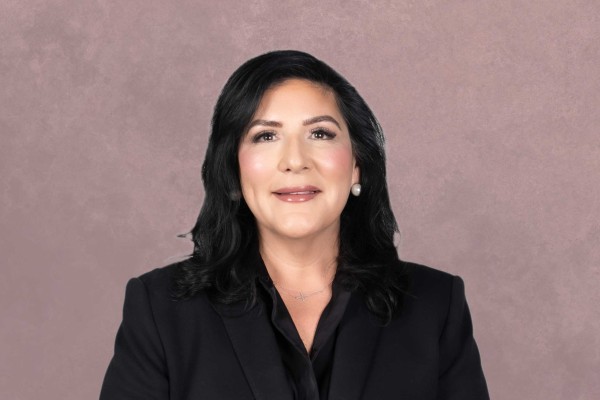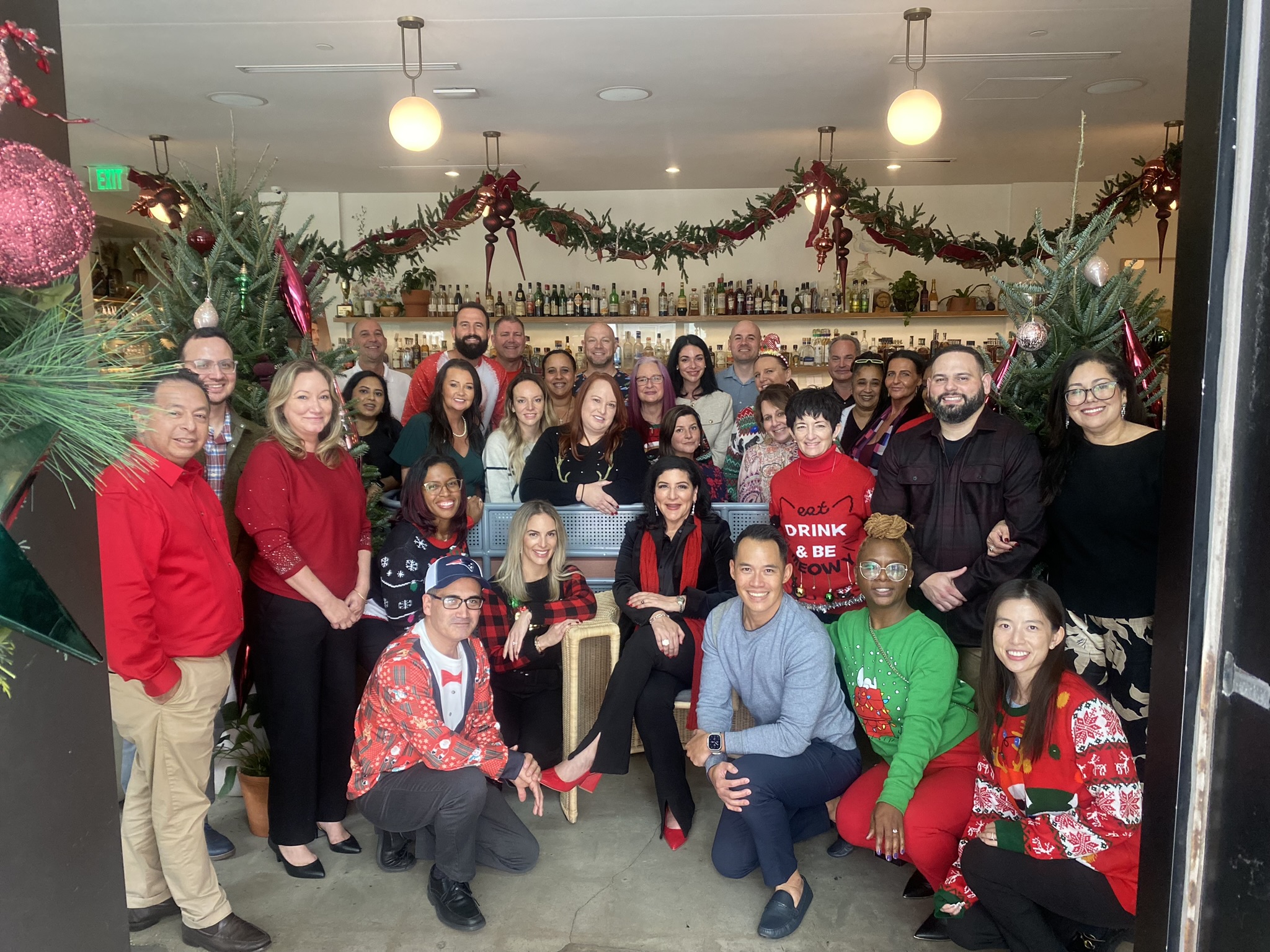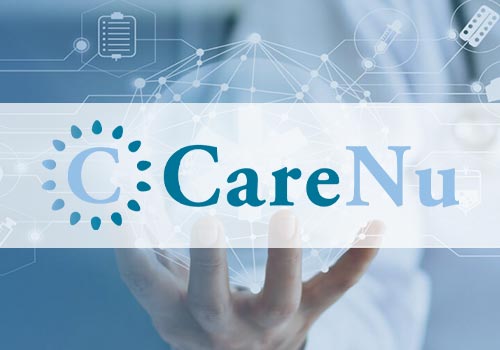
Interview
Paola Bianchi Delp
CareNu, United States
Paola Bianchi Delp is President of CareNu and CEO of SECUR Health Plan, where she leads with a mission to improve healthcare access and outcomes for individuals with complex, chronic conditions. With over 20 years of leadership in value-based care, she blends data-driven strategy with operational discipline to build scalable, patient-centered health models.
1 Please provide us with a brief bio of yourself.
I am the President of CareNu and CEO of SECUR Health Plan, a Medicare Advantage I-SNP designed to serve individuals with complex, chronic conditions. With more than two decades in healthcare leadership, my focus has always been on building scalable, sustainable models that improve care delivery, access, and outcomes, especially for the most medically vulnerable. With a focus on value-based, outcome-driven medicine, I have led organizations through high-growth, high-impact phases by blending data-driven strategy with operational discipline. I hold MBAs in both Healthcare Administration and Business Management and am an active member of the American College of Healthcare Executives.
2 What is your role in the company?
As president, in conjunction with the board of directors, I am responsible for setting the strategic direction of CareNu and ensuring operations align with our core mission, which is delivering high-quality, patient-centered care through data-driven solutions. This includes oversight of our core business units, including our global risk entity, ASSURITY DCE and our Medicare Advantage I-SNP, SECUR Health Plan. My role includes leading innovation efforts, expanding partnerships, and ensuring our teams have the tools they need to serve our patients and members.
3 Please tell us more about your organization.
CareNu is at the intersection of data science and healthcare delivery. We support individuals living with chronic illness by leveraging predictive analytics, real-time insights, and strong community partnerships to anticipate and meet patient needs before they become crises. Our care model is deeply personalized, and our outcomes speak for themselves: reduced emergency room visits, fewer avoidable hospitalizations, and better quality of life for our members. Through ASSURITY DCE, our ACO REACH entity, we serve high-needs Medicare populations, using our proprietary Social Determinants of Health (SDOH) framework to reduce avoidable hospitalizations, improve care coordination, and close health equity gaps. We recently launched SECUR Health Plan, a Medicare Advantage Institutional Special Needs Plan (I-SNP) in five counties in the state of Florida, designed to support individuals residing in long-term care settings or with significant chronic illness. SECUR provides comprehensive, wraparound care — including medical, pharmacy, transportation, and dental benefits, to name a few — built around the patient’s environment and needs. Together, these entities represent our commitment to delivering accountable, equitable, and proactive care across the full continuum of services.
4 Describe the industry your organization is specialized in, as well as its main characteristics.
We operate within the value-based care space, a segment of healthcare that prioritizes outcomes over volume. It is a complex and fast-evolving sector that requires agility, deep clinical insight, and a strong command of data. What makes CareNu unique is our ability to integrate those capabilities across different models: at-risk entities, in-home and/or facility care, and health plans.
5 Congratulations! As the winner of the TITAN Business Awards, what does it mean for you and your team to receive this distinction?
It is an incredible validation of the work we are doing. More importantly, it shines a light on the real impact we are having on the lives of patients who often get overlooked in traditional healthcare systems. For our team, it is fuel to keep pushing forward with innovation that has purpose and delivering solutions that truly work.
6 How has winning an international award help promote your organization?
It is elevating our visibility among potential partners, collaborators, and talent, i.e., people who are drawn to bold, mission-driven organizations. The award has also reinforced confidence among our stakeholders that we are on the right path and achieving meaningful results.
7 What are the challenges of developing / marketing your winning entry(ies)?
The biggest challenge is translating what we do, which is complex and technical, into a clear, compelling story. We work in a space that combines AI, population health, government policy, and care delivery, so telling that story in a way that resonates required thoughtful distillation.
8 As a business owner, please tell us more about your ideation process.
We start by identifying a real-world gap or need, which often surfaces through patient feedback, data trends, or provider input. From there, we collaborate across disciplines to build practical, scalable solutions. Our best ideas come from marrying clinical insight with analytics and listening to the people we serve.
9 What is your own definition of a successful team / organization / business?
A successful team is one that can align around a common purpose, remain adaptable, and execute consistently. Success, to me, is measured not just by outcomes but by the trust you build with patients, partners, and your internal teams. Motivation, trust, and working together toward a greater purpose.
10 What led you / your organization to become successful within the industry you are currently in?
We do not chase trends. We stay grounded in solving meaningful problems. Our focus on underserved and medically vulnerable populations has required us to think differently, build smarter, and move faster. That discipline, combined with a highly accountable and committed culture, has driven our results.
11 How has the country, you are based in, helped move your industry forward?
The U.S. healthcare system is increasingly open to innovation, especially when it comes to value-based models. Programs like ACO REACH from CMS/CMMI are encouraging healthcare providers to take on more risk while emphasizing valuable and measurable outcomes. This ideological alignment has created space for organizations like CareNu to lead through innovation.
12 What have you found to be a hindering factor, for your business, during the entire course of the pandemic, and how did you overcome that hinderance?
CareNu launched at the beginning of the pandemic, which meant we were building our model, team, and infrastructure in the middle of a global crisis. It was a challenging time, but it also validated the urgency and relevance of our mission. Traditional healthcare systems were overwhelmed, and vulnerable patients were falling through the cracks. We moved quickly to implement telehealth, deploy culturally aligned outreach teams, and leverage real-time data to keep patients connected to care. While the timing added pressure, it also accelerated innovation and sharpened our focus. We were not just responding to a moment: We were building a model that could withstand it.
13 What are the current trends in the business industry that you are most excited about?
The convergence of predictive technology with care delivery models that prioritize access. For too long, innovation has focused on the “how” instead of the “who.” Now we are seeing meaningful investment in closing care gaps, and that is exciting.
14 What resources would you recommend to someone who is searching to improve their business prospects and organizational success?
Start by investing in your people. Great ideas need the right environment to grow. And do not be afraid to look outside your industry for models that work. Sometimes the best solutions come from an entirely different playbook.
15 Where do you see the evolution of the overall business industry in the next 5-10 years?
I believe we will see a continued shift from reactive to predictive business models in every sector. This means that companies will increasingly use data, AI, and behavioral trends to anticipate needs, identify risks earlier, and act before issues escalate. It is not just about predictive analytics. It is about predictive operations. In healthcare, this translates to things like identifying patients at risk of hospitalization before they show up in the ER. In other sectors, it might look like preemptively adjusting supply chains or workforce strategy. The common thread in this thought process is that the most successful organizations will move from reacting to problems to anticipating them and will design their services, staffing, and decision making accordingly.
16 Who inspired you in your life, and why?
Fortunately, I have been inspired by the people who rarely make headlines but do the work that keeps everything going especially women in healthcare. They taught me that leadership is not about having all the answers, it is about listening, lifting others up, and never losing sight of who you are doing the work for. The best inspiration comes from the people closest to the impact. It is important to remember one’s roots and never forget where you came from — if you are able to do that — your whys will remain clear.
17 What is your key to success? Any parting words of wisdom?
Stay focused on impact. Innovation for its own sake does not move the needle — outcomes do. Be bold, be clear on your mission, and surround yourself with people who challenge and champion you.


